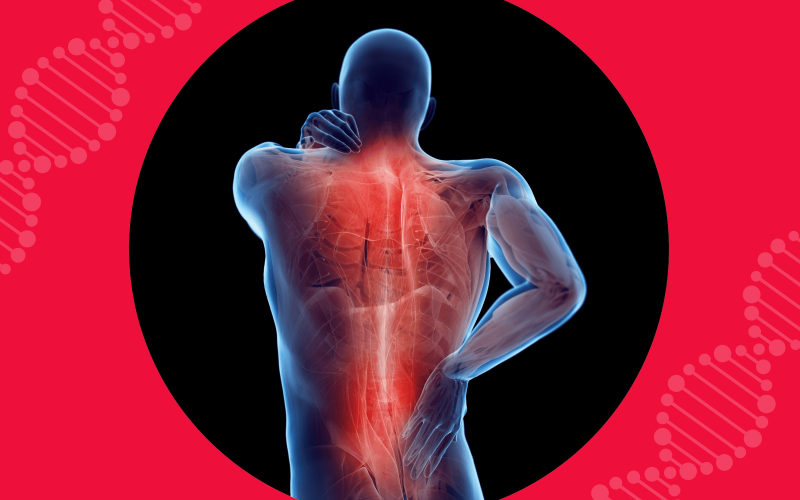In the next decade, Crispr-Cas9 and other new gene-editing techniques may protect the health [of] millions of people with a range of conditions, including chronic pain and diabetes. Rather than take drugs for years or even decades, for example, at-risk people might be able to protect themselves with a one-and-done Crispr therapy.
…
Scientists reported last December that gene-edited cells curbed severe pain and other symptoms in a small number of patients with sickle cell disease and beta-thalassemia, two rare, inherited blood disorders.
Verve Therapeutics, a Cambridge, Mass.-based startup, presented animal research in 2020 showing that a Crispr-based therapy for cardiovascular disease reduced levels of LDL, or “bad” cholesterol, by an average of 61%. Crispr Therapeutics, a Swiss company, and a partner plan to test a Crispr therapy for diabetes: An under-the-skin implant containing Crispr-edited cells that will deliver insulin, with the goal of eliminating injections and regular testing of glucose levels.
“We showed Crispr gene editing works in humans,” [physician Dr. Haydar] Frangoul says. “We made a crack in the door. The crack is getting wider.”































